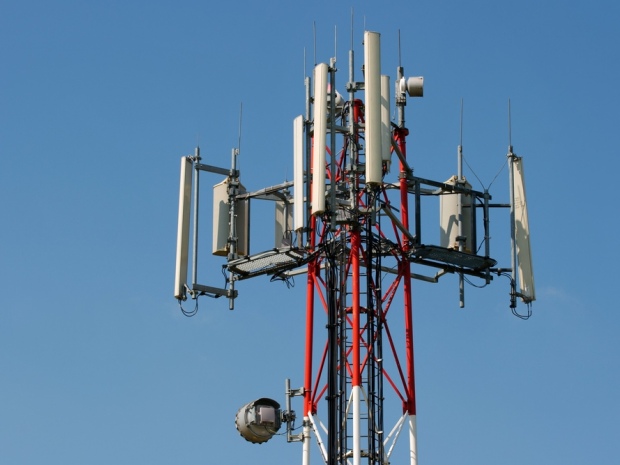TOT threatens to sue watchdog over mobile number portability

Thai telco TOT's labor union is threatening to sue telcom watchdog National Broadcasting and Telecommunications Commission (NBTC) over its plan to expand the capacity of mobile number portability.

According to The Bangkok Post on Thursday, NBTC is looking to increase number transfers of existing operators from 40,000 to 300,000 a day, as part of efforts to help mobile operators which concessions are due to expire in September. Number portability enables customers to migrate to different operators without changing their existing phone numbers.
Narapol Plainet, a former leader of TOT's labor union, said this measure would result in large damages in terms of loss of concession revenue to TOT and CAT Telecom because operators would have to migrate their existing 2G customers to the new international 3G 2.1-megahertz (MHz) network too quickly.
It also violates Article 305(1) of Thailand's Constitution which states concessions or contracts of state-run organizations must be protected and the revenue not affected by any regulation, Plainet added.
He also said three licensees for 3G service on 2,100MHz, under the concessions, showed strong intent to migrate their existing 2G customers to 3G networks. NBTC's plan to increase the transfer capacity will result in huge damage to TOT, he said, noting that the telco expects to lose at least 10 billion baht (US$335 million) a year.
The telco's union will soon send a letter to the watchdog's telecom committee expressing its concerns, Plainet said. A petition will also be filed with the country's Administrative Court once the network migration of mobile users under the concessions begins, he noted, adding that the union is currently drafting a complaint against NBTC.
When approached by the news site, Settapong Malisuwan, chairman of NBTC's telecom committee acknowledged TOT's move, adding the telco was free to take any legal action against the watchdog. He also questioned whether migration should be based on customers' own decision or on legal enforcement. "Customers on 2G networks have the right to switch to a new 3G operator," he said.
TOT last month was mulling another lawsuit against NBTC for enforcing a lower interconnection charge for other operators when accessing the former's mobile networks, which it claimed caused the company to lose revenues totaling US$3.34 billion since 2003.